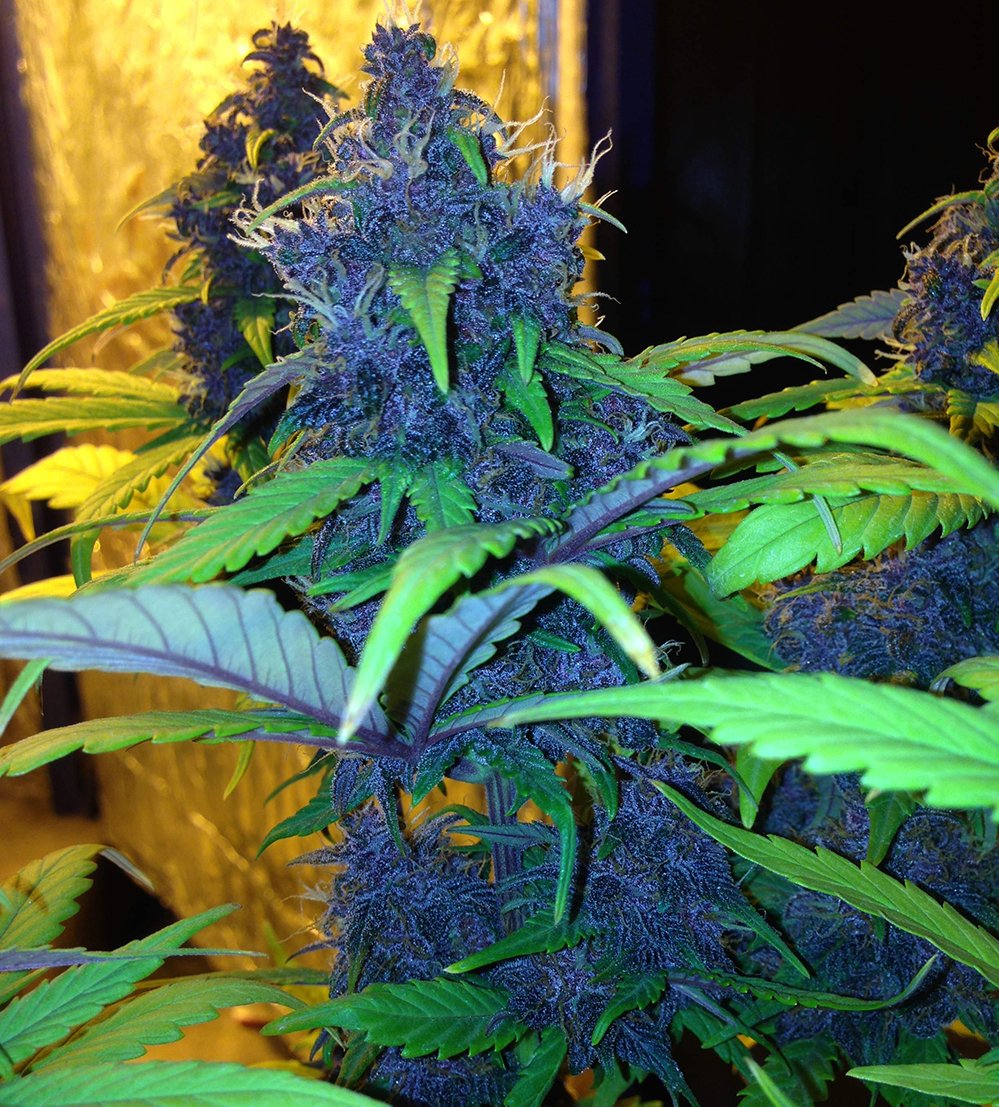In current a long time, Canada has emerged as a trailblazer in hashish legislation, with the legalization of recreational cannabis in 2018. On the other hand, even though the cultivation and use of hashish are now legal, it really is important for fanatics to comprehend the nuanced legal implications, particularly when it arrives to increasing autoflower hashish.
Related Site , prized for its immediate expansion and resilience, has acquired level of popularity amongst residence growers. However, beneath the surface area, you will find a advanced legal landscape that cultivators ought to navigate. Let us delve into the lawful implications of increasing autoflower cannabis in Canada, discovering rules, licensing prerequisites, and likely dangers.
Knowledge the Authorized Framework
Canada’s Hashish Act, enacted in 2018, lays the foundation for the lawful cultivation, distribution, and intake of cannabis. Under this legislation, individuals are permitted to grow up to four hashish crops for each domestic for particular use, irrespective of whether or not they are increasing photoperiod or autoflowering strains.
Nevertheless, when the act offers a common framework, each individual province and territory has the authority to establish its very own laws with regards to cannabis cultivation. This usually means that the particulars of increasing autoflower hashish might differ relying on wherever you reside in Canada.
Provincial Regulations and Licensing Requirements
In advance of embarking on your autoflower hashish cultivation journey, it’s essential to familiarize you with the laws precise to your province or territory. Whilst some locations may impose minimum limitations, other folks might demand men and women to receive licenses or adhere to stringent guidelines.
For case in point, in Ontario, dwelling growers ought to guarantee that their hashish plants are not obvious from community areas and are securely saved to avert access by minors. Also, there are limits on wherever cannabis can be cultivated, with outside cultivation prohibited in particular regions.
In contrast, provinces like British Columbia have embraced a extra lenient method, enabling for higher adaptability in residence cultivation techniques. However, even in regions with fewer limits, it really is very important to keep informed about any improvements to laws that could effects your cultivation actions.
Likely Lawful Challenges for Residence Growers
Even though the cultivation of autoflower hashish for particular use is authorized in Canada, there are continue to opportunity legal challenges that residence growers need to be aware of. One particular such threat is the unauthorized sale or distribution of hashish, which stays illegal under the Cannabis Act.
Additionally, residence growers will have to guarantee compliance with rules connected to cannabis possession limits. In Canada, individuals are permitted to have up to thirty grams of dried cannabis or its equivalent in general public. Exceeding these restrictions could outcome in fines or other authorized consequences.
Moreover, household growers ought to workout caution when cultivating hashish in multi-unit dwellings or rental houses. Though the Hashish Act permits people today to improve hashish in their key residence, landlords may have their personal procedures relating to hashish cultivation on their premises.
Mitigating Legal Challenges As a result of Education and learning and Compliance
To mitigate authorized pitfalls related with expanding autoflower cannabis, education and learning and compliance are paramount. Familiarize on your own with federal, provincial, and municipal polices governing cannabis cultivation, and continue to be current on any variations or amendments.
Additionally, think about signing up for area hashish advocacy groups or on-line discussion boards to hook up with other growers and share insights and ideal techniques. Engaging with the hashish group can supply important support and steering as you navigate the legal landscape.
On top of that, prioritize compliance with laws related to stability, basic safety, and environmental sustainability. Applying sturdy stability steps, this sort of as installing suitable fencing and surveillance cameras, can assist stop unauthorized obtain to your cultivation web page and mitigate opportunity authorized liabilities.
Conclusion
In Canada, the legalization of cannabis has opened up remarkable alternatives for fanatics to cultivate their own autoflower plants at property. Nonetheless, it is really critical to method cultivation with a extensive comprehending of the lawful framework and linked threats.
By familiarizing you with federal, provincial, and municipal laws, getting any essential licenses or permits, and prioritizing compliance and training, you can cultivate autoflower hashish responsibly and lessen authorized liabilities.
Eventually, as Canada’s hashish landscape continues to evolve, keeping knowledgeable and adaptable will be vital to navigating the legal terrain of growing autoflower cannabis with self-confidence
Leave a Reply